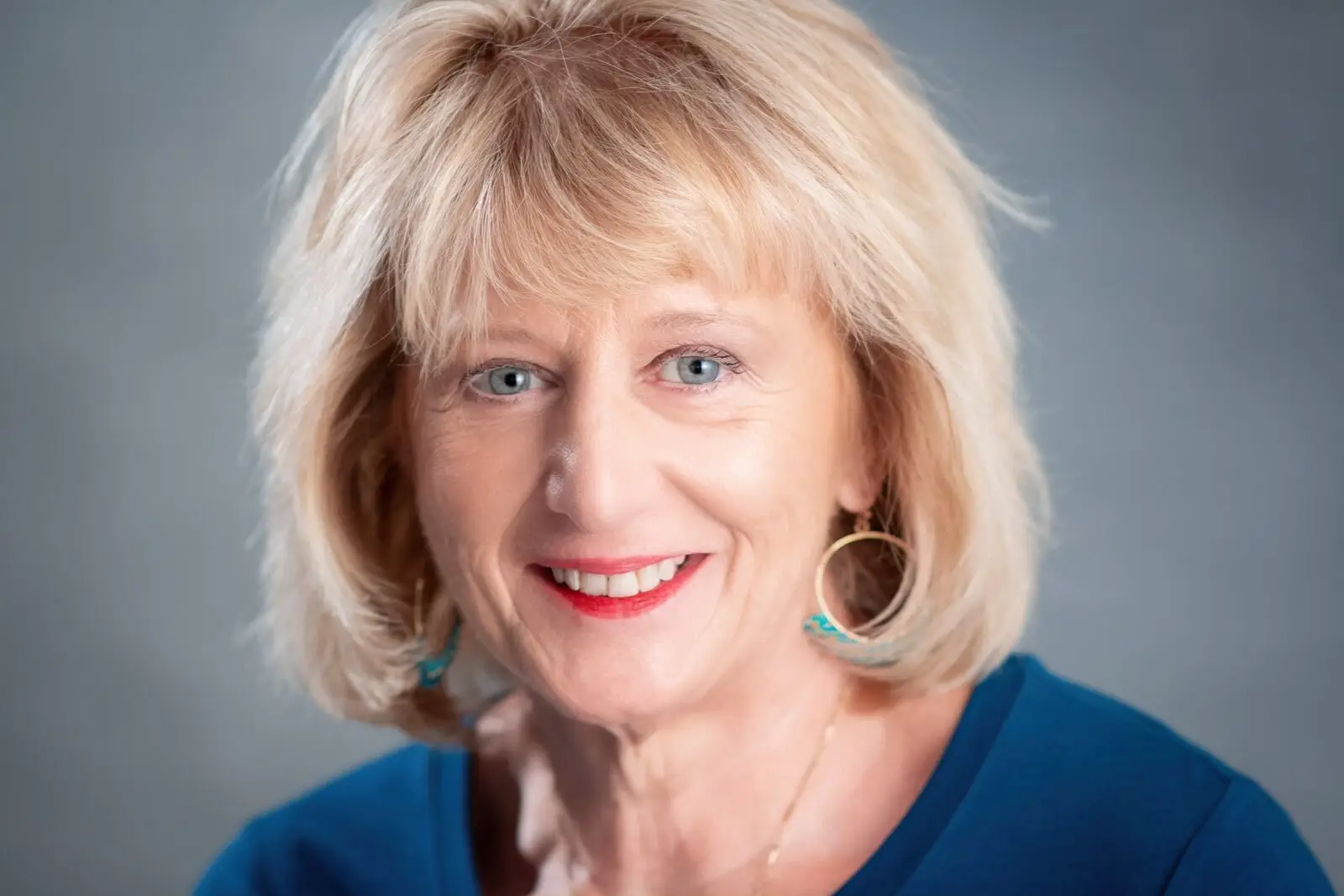Dr Maria Rosa Costanzo
Cardiologist
United States of America

Going the extra mile to make hearts better
In the run-up to World Heart Day, Heart Hero Dr Maria Rosa Costanzo lets us in on a life and career dedicated to those battling heart disease. A cardiologist in Illinois, Dr Costanzo has accompanied patients on their journey all the way to heart transplants, evaluated organ donors, and continues to provide care that spans generations.
With thanks to Boehriner-Ingelheim, a global sponsor of World Heart Day, for their nomination Dr Maria Rosa Costanzo as one of our heart heroes.
Dr Maria Rosa Costanzo has watched more than 500 heart transplants. As a cardiologist, she does not have to be at the surgeries of cardiac patients needing such a last resort, but she wants to be. “Two brains are better than one, and it can be a boon to patients knowing their cardiologist is in the operating theatre.” For patients, the cardiologist is often the one constant in their journey, overseeing treatment, advising on new therapies, recording progress, rallying them on.
“There’s no way I couldn’t be a doctor,” she said. Her drive and passion stem from early memories of accompanying her father on his medical rounds in Bologna, Italy. “As a cardiologist working in heart transplantation, you are taking care of the sickest of the sick. You must know about all kinds of cardiovascular ailments from heart failure to cardiomyopathy, arrythmias, valve diseases and more.”
Freshly landed back from the European Society of Cardiology Congress, Dr Costanzo talked about her highs and hopes for cardiology’s and patients’ futures. “It was a conference of hugs following such a protracted time due to the COVID pandemic. The warm connection with others working to save lives was just as important as the sessions I presented there on acute heart failure, acute right ventricular function, and specific drug treatment therapies.”
Breaking the mould
While doing her thesis in immunology in Italy, Dr Costanzo was encouraged to study at the University of Wisconsin by Dr Fritz Bach, himself among the pioneers of tissue compatibility and antigens. Hard work, talent and some serendipity led to an extended stay. Ultimately, Dr Costanzo presented her research as an independent student, far away from the origins of her inspiration to improve lives.
A fellowship at Loyola University in Chicago was the precursor to a few “firsts.” When heart transplant operations began there in 1984, Dr Costanzo advocated for a comprehensive approach to dealing with different forms of heart failure and helped establish an accompanying robust unit. While Director of the Loyola University Chicago Heart failure and Cardiac Transplant Program, she became the youngest “full professor” at the age of 33, both teaching and conducting clinical research.
Lessons and rewards
Recalling the 80’s as occasionally lonely times, Dr Costanzo sees progress in diverse ways. Back then, with limited English and knowing no one in America, she was the “foreign student” and finds today’s term “international student” much more welcoming.
“Maternity or parental leave as we know it now did not exist then, making the demanding field of cardiology seem out of reach for women. It’s a pity that even today, women in cardiology hovers only at around 20% or less in the U.S.” There is a call to heed here from a leader who has overcome many challenges including going into labour twice when pregnant in 1985 and 1988—and each time while performing and completing heart biopsies.
“Having patients whose parents had a transplant decades ago, and who entrust their care to me gives satisfaction that outweighs the sad acceptance that not everyone’s lives can be saved.” Add the joy of stories such as that of the patient who, years post-transplant, comes to show photos of him and his son vacationing together and soaking up Disneyland.
“The bureaucracy of medicine sometimes gets me down and doctors are under increasing time constraints,” she said. While recognising the ongoing progress in cardiac care, Dr Costanzo remains a tireless champion and advocate: “I wish there were more reward systems for clinical research so that we can recognise and encourage efforts to uncover and share knowledge in heart disease, treatments, risks, and relief.” It is another resounding call to action by an early clinical researcher herself and frontrunner in many ways.
Read full bio of Maria Rosa Costanzo, MD.
Read more heart hero stories here.